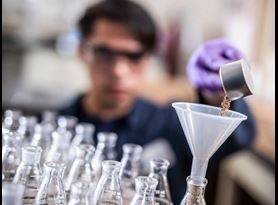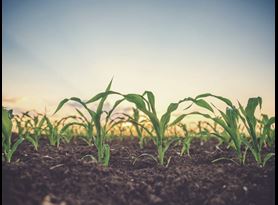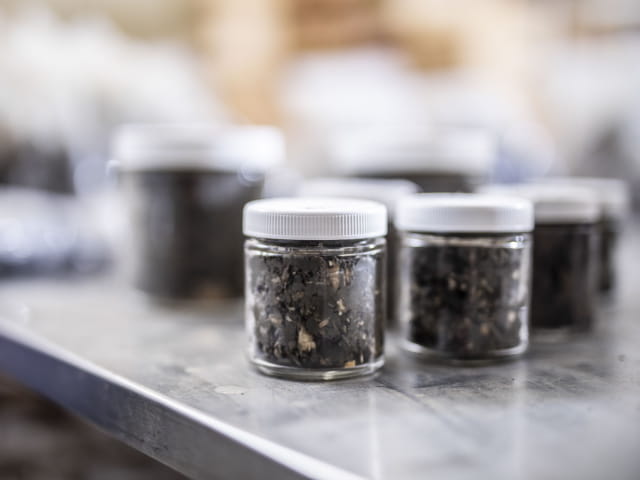A physical soil test identifies the texture and structure of soil, giving insight on its suitability for agriculture or building. This information is important for making effective land-use decisions.
Understanding soil composition is important to determine the suitability of a piece of land for agricultural, environmental, and engineering uses. Soil’s physical characteristics determine the amount of water, air, and nutrients available to any plants growing in it, influence the chemical and biological properties of the soil, and impact its stability.
Physical soil texture and soil structure
Two of the most important properties of soil are texture and structure. Soil texture refers to the soil’s relative proportion of sand, silt, and clay. This affects the soil’s ability to hold onto water and nutrients (cation exchange capacity or CEC). Soil structure refers to the aggregation of sand, silt, and clay into blocks of soil in various sizes and shapes, which has a significant influence on pore space, and how easily water, air, and roots can move through the soil.
Testing texture, structure and other physical properties of soil is especially important for agricultural purposes to determine crop suitability and to predict how the soil will respond to both environmental conditions and management efforts such as adding fertilizer.
Testing physical properties of soil
АФУХ2023ШЋФъе§АцУтЗбзЪСЯ’s soil testing laboratories provide comprehensive testing services to help you determine the physical characteristics of your soil. Our experts are adept at applying a variety of testing methods, such as particle size distribution (PSA), to provide you with accurate and reliable results that are right the first time.
We test soils for their texture, structure, and many other physical characteristics, including soil color, consistency, particle density, bulk density, pore space, Atterberg limits, and soil permeability.
The АФУХ2023ШЋФъе§АцУтЗбзЪСЯ advantage
АФУХ2023ШЋФъе§АцУтЗбзЪСЯ’s diverse range of soil testing services includes testing for organic and inorganic components, microbiological testing, and other essentials like testing for nutrients and salinity. These capabilities, coupled with our vast industry knowledge, make us the ideal testing partner for all your environmental testing projects.
For more information about testing the physical properties of soil, or to speak with one of our experts, contact us today.
АФУХ2023ШЋФъе§АцУтЗбзЪСЯ Certified now provides easy & comprehensive at-home soil testing
If you are a hobbyist, home gardener, or small farmer in Canada or the US, you can order testing kits online.
Related Services

Soil Nutrient Testing and Analysis
АФУХ2023ШЋФъе§АцУтЗбзЪСЯтs soil testing laboratories provide accurate soil nutrient analysis for the efficient application of the correct type and amount of fertilizer and manure required to obtain high yields.

Soil Salinity and pH Testing
АФУХ2023ШЋФъе§АцУтЗбзЪСЯтs soil testing laboratory provides expert pH testing and salinity analysis to help farmers diagnose and manage problems associated with soil fertility.

Agricultural Soil Testing Services
Our agricultural soil testing and analysis help determine nutrient content, soil composition, and other properties that are essential to maximizing the yield and quality of crops.

Soil Boring Testing
Soil boring is a technique used to investigate and determine soil composition and conditions at a site where construction is planned.

